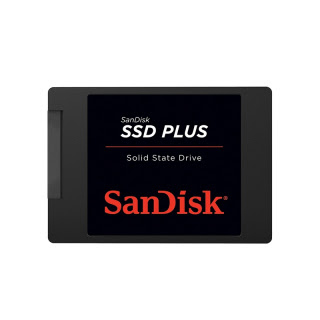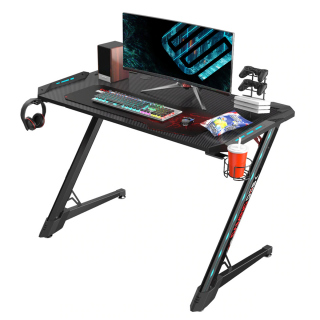Solid State Drives (SSD) are becoming increasingly popular in Kuwait as a replacement for traditional hard disk drives (HDD)
These drives offer several advantages over HDDs, including faster performance, increased reliability, and lower power consumption.
In this blog post, we will take a closer look at SSDs and answer some frequently asked questions to help you decide if an SSD is the right choice for your computer.
What is an SSD?
An SSD is a type of storage device that uses flash memory to store data. Unlike HDDs, which use spinning disks to read and write data, SSDs have no moving parts. This means that they are less likely to fail and are generally more reliable than HDDs.
How does an SSD work?
An SSD works by using flash memory to store data. This memory is made up of tiny transistors that can be turned on and off to represent binary data (1s and 0s). The data is stored on the SSD in blocks, and these blocks can be read and written to quickly and easily.
What are the benefits of an SSD?
There are several benefits to using an SSD over an HDD. Some of the most notable benefits include:
- Faster performance: Because SSDs have no moving parts, they can read and write data much faster than HDDs. This means that your computer will boot up faster, programs will load faster, and overall performance will be improved.
- Increased reliability: Because SSDs have no moving parts, they are less likely to fail than HDDs. This means that your data is less likely to be lost in the event of a failure.
- Lower power consumption: Because SSDs have no moving parts, they use less power than HDDs. This means that your computer will use less electricity, which can save you money on your electricity bill.
- Smaller size: Because SSDs have no moving parts, they can be made much smaller than HDDs. This means that they can be used in smaller devices, such as laptops and tablets.
What are the downsides of an SSD?
While there are many benefits to using an SSD, there are also some downsides to consider. Some of the most notable downsides include:
- Higher cost: SSDs are generally more expensive than HDDs. This means that upgrading to an SSD can be costly, especially if you need a large amount of storage.
- Limited storage: While SSDs are available in large capacities, they are still generally more expensive per gigabyte than HDDs. This means that you may need to spend more money to get the same amount of storage as you would with an HDD.
- Short lifespan: SSDs have a limited number of write cycles. This means that they can only be written to a certain number of times before they fail. This can be a concern if you plan to use your SSD for storage of large files.
Is an SSD right for me?
Whether an SSD is right for you depends on your specific needs. If you're looking for faster performance, increased reliability, and lower power consumption, an SSD is a good choice. However, if you're on a budget and need a lot of storage, an HDD may be a better choice.
In conclusion, SSDs offer several benefits over traditional HDDs, such as faster performance, increased reliability, and lower power consumption. However, they also come with some downsides, such as higher cost and limited storage. Ultimately, whether an SSD is the right choice for you depends on your specific needs and budget. If you have any further questions or concerns, it's always best to consult with a professional before making a decision.


.png)

Comments
Post a Comment